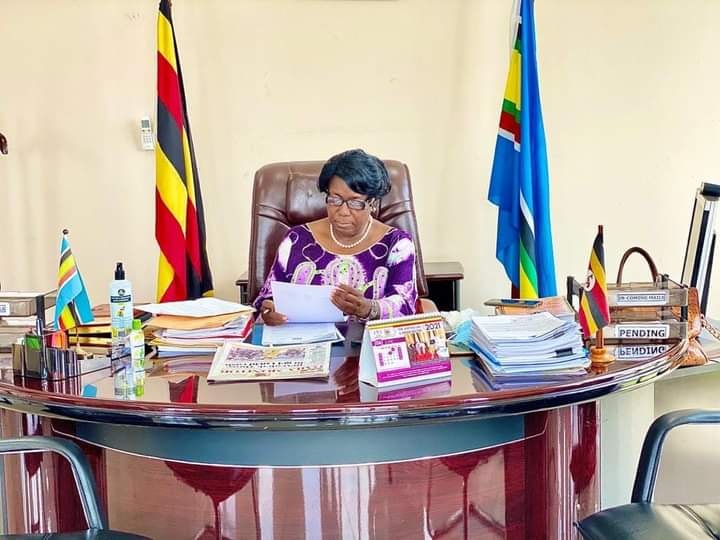In a recent announcement, the First Deputy Prime Minister and Minister for East African Community Affairs, Rt Hon Rebecca Kadaga, stated that the government is moving forward to address the East African Community (EAC) pension claims issue. The government aims to facilitate the payment of terminal benefits to former employees of the now-defunct East African Community.
During a plenary sitting held on Tuesday, October 3, 2023, Kadaga revealed that there is a plan in place to domesticate the EAC Mediation Agreement of 2000, which will help in resolving the long-standing pension backlog.
Kadaga explained, “There is an enabling framework to facilitate the payment. The outstanding task is verifying the genuine claimants with involvement of all stakeholders to ensure that only legitimate and bona fide claimants are paid.”
The EAC, consisting of Uganda, Kenya, and Tanzania, collapsed in 1977. The Mediation Agreement, signed in May 1984 by the former partner states, failed to be domesticated twice in 1990 and 2004, with neither of the two Bills being presented to Parliament.
Kadaga also shared that from 2019 to 2023, the Ministry of East African Community Affairs has verified and paid a total of 586 claimants. She added, “For 2023/2024, the ministry has so far verified 31 additional files worth US$93,533. Another batch of 1,297 files is being verified, and upon conclusion of the audit exercise, a supplementary budget will be made to request funds from the Finance Ministry to pay cleared claimants.”
Regarding former employees of the defunct East African Airways, Kadaga noted that 474 have been fully paid, while 150 remain pending due to difficulties in locating them physically. She mentioned, “The ministry has, in the process, encountered a series of challenges, including lack of readily available, authentic, and verifiable records, as well as multiple claims by claimants that are not genuine.”
Members of Parliament, including Hon. Cecilia Ogwal, Hon. Francis Katabaazi, and Hon. Christine Kaaya, urged the EAC Ministry to establish payment timelines, recover money from Crown Agents, and work on tracing clients represented by legal firms, respectively, to ensure that waiting claimants receive their rightful payments.




















